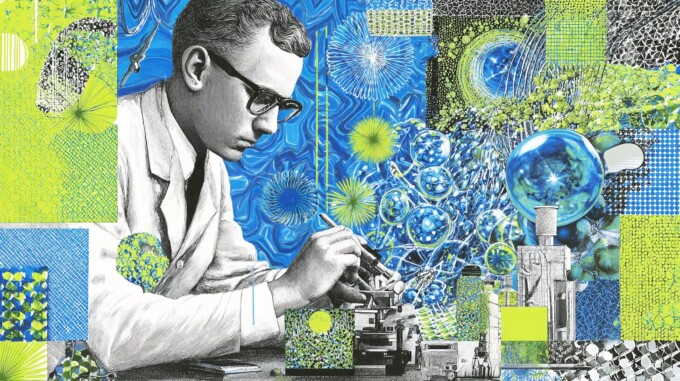“Researchers have reported growing hearts containing human cells in pig embryos for the first time. The embryos survived for 21 days, and in that time their tiny hearts started beating. The findings were presented this week at the annual meeting of the International Society for Stem Cell Research in Hong Kong.
Scientists developing human–animal chimaeras grow human cells in animal embryos, with the aim of one day generating animals with human organs that can be transplanted into people…
In their study, which has not been peer-reviewed, Lai and his team reprogrammed human stem cells to bolster their ability to survive in a pig, by introducing genes that prevent cell death and enhance cell growth. They then generated pig embryos in which two specific genes that have key roles in heart development were knocked out. A handful of human stem cells were introduced into the pig embryos at the morula stage, soon after fertilization — a point at which the embryo consists of a ball of about a dozen cells that are rapidly dividing. The embryos were then transferred to surrogate pigs.
The team found that the embryos grew for up to 21 days, after which they did not survive. Lai says it’s possible the human cells disrupted the function of the pig hearts.
When the researchers took a closer look at the embryonic hearts, they found that they had grown to the equivalent size of a human heart at that stage of development — the size of a fingertip — and were beating.”
From Nature.




